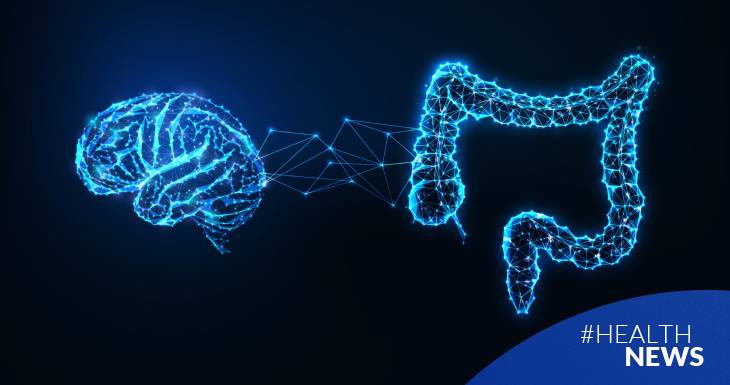For centuries, we have considered the brain as the master organ, responsible for our ability to think, feel, and make decisions. However, scientists have recently discovered that there is a communication system between the gut and the brain, revealing a closer connection than we had imagined.
Through a complex neurons network and in close communication with the brain, the gut has the ability to influence in our well-being in significant ways.
Why is so important what this connection between the two organs has to tell us?
Historically, the intestine has been considered a simple organ in charge of processing food and extracting the necessary nutrients for our body. However, recent studies have shown that the gut is home to a community of trillions of microorganisms and cells that play a critical role in the overall health and brain function.
Neurogastroenterology is a relatively new research field addressing the close connection between the two, and many researchers admit that how the gut works influences our lives—our universe of feelings, thoughts, decisions, and our health—much more than is currently known.
70% of immune cells reside in the intestine:
Gut health is critical to strengthening our immune systems, and some recent research suggests that gut problems can make us more susceptible to common illnesses, like the flu.
They have an autonomic nervous system:
The gut and brain are connected via the gut-brain axis, a two-way communication pathway.
Thanks to recent research work, the processes used by intestinal bacteria to communicate with the brain are gradually being revealed. Today we know that the exchanges between the brain and the intestine are carried out through four main pathways: neural, hormonal, immune and metabolic.
Unlike other organs in the body, the intestine has the ability to function autonomously. It has its own enteric nervous system (ENS), a branch of the autonomic nervous system that directly controls the digestive system. Although it operates independently of the Central Nervous System, it communicates with it through the sympathetic and parasympathetic systems. Both "organs" send and receive data to each other via the vagus nerve, which travels from the brain to the abdomen and plays an important role in many vital functions.
Some current pathologies are a reflection of the state of our mental health:
Knowing that the intestine has more than 100 million neurons can make us think that, indeed, we have a second brain.
However, there are small details that we must clarify. This neural system in the gut doesn't think, reason, solve math problems, or compose poetry. However, it does act on our state of mind. For example, the intestine constantly collaborates with the brain, mediating the production of serotonin, a neurotransmitter that plays a role in mood, emotions, appetite, digestion, memory, learning ability, and helps regulate sleep-wake cycles and the biological clock.
Therefore, diseases of the digestive system such as gastritis, gastric acidity, abdominal pain or colitis can be aggravated when the person suffers from stress, anxiety, nervousness or any emotional disturbance.
In this alliance between intestine/brain, we cannot ignore a third actor: the intestinal microbiome (formerly known as intestinal flora), essential in this dialogue that is still so full of questions and mysteries.
It is a fact, the intestine and the brain maintain a close relationship that influences emotional and cognitive well-being, the intestinal microbiome plays a crucial role in this connection.


